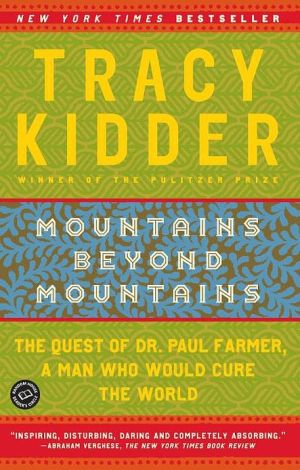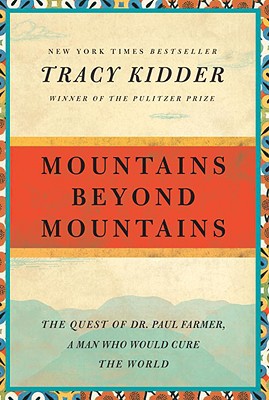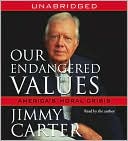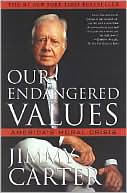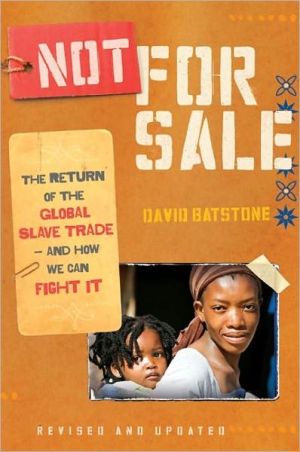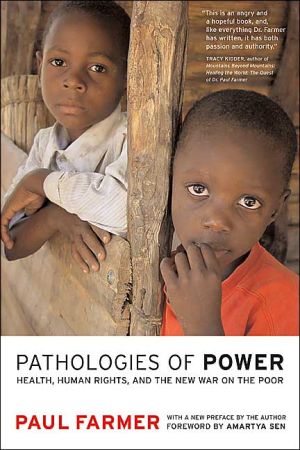Worst Case Bioethics: Death, Disaster, and Public Health
Bioethics, still in its infancy, is routinely called on by the government to provide political cover for controversial public health decisions involving the life and death of Americans. Doomsday or worst-case scenarios are often at the heart of these biopolitical decisions. A central feature of science fiction, these scenarios can impart useful insights. But worst-case scenarios, like Frankenstein's monster, can also be unpredictably destructive, undermining both preparedness and the very...
Search in google:
Bioethics, still in its infancy, is routinely called on by the government to provide political cover for controversial public health decisions involving the life and death of Americans. Doomsday or worst-case scenarios are often at the heart of these biopolitical decisions. A central feature of science fiction, these scenarios can impart useful insights. But worst-case scenarios, like Frankenstein's monster, can also be unpredictably destructive, undermining both preparedness and the very values bioethics seeks to promote. Discovering a new flu strain, for example, leads immediately to visions of the 1918 flu pandemic, the worst in human history. Likewise, a "ticking time bomb" scenario leads to the use of the "saving lives" rationale that permits lawyers to justify it and physicians to carry it out. The worst case charge of "death panels" continues to threaten meaningful healthcare reform in the US. Fundamental change in American healthcare, Annas argues, will require fundamental change in American, including confronting our obsession with technology and our denial of death, and replacing our over-reliance on the military and market metaphors in medicine. "A combination of the ecological and rights metaphors could help us successfully navigate the waters of change."In Worst Case Bioethics, George Annas employs contemporary disputes involving death and disaster to explore the radical changes underway in public health practice, the application of constitutional law to medicine, and human rights discourse to promote human health and wellbeing. Worst-case scenarios, especially worst-case bioethics scenarios, distort debate, limit options, rationalize human rights abuses, and undermine equality and social justice. It is, nonetheless, possible to temper worst-case scenarios in ways that promote both the development of a meaningful American bioethics, and a life and liberty affirming global health and human rights movement.Written at the intersection of law, bioethics, public health, and human rights, Worst Case Bioethics will interest not only bioethicists but scholars in public health, public policy, and human rights law, as well as members of the public who want to participate in these policy debates. Doody Review Services Reviewer:D. Robert MacDougall, MDiv(Saint Louis University)Description:This book explains how decision making with the worst case scenario in mind has had a chronically negative impact on both medical and public health policy.Purpose:The purpose is to show that policies involving human rights abuses or infringements on civil liberties are sometimes justified by appealing to the potential development of worst case scenarios, but that policies or plans developed on such a basis are nearly always self defeating. The book corrals many illustrative examples from a wide range of health laws in accomplishing its objectives.Audience:It is aimed at both bioethicists and scholars in related fields, such as health law, medicine, and public health. The book is not overly technical and should be accessible to all of its intended audience. The author has published several well-known works related to health law and bioethics and is widely considered an expert in this field.Features:The book is divided into three parts that deal with the way the U.S. healthcare system is designed around the avoidance of death, the role this sort of worst-case scenario thinking has had in judicial decisions involving physicians, and the effect that such worst-case thinking has had on public health policy. The author uses his underlying theme, the avoidance of worst-case scenarios, in an imaginative way to draw together several features of U.S. healthcare and law that are not usually considered together. For example, it is particularly interesting to see him trace the infringements of civil liberties in public health, and the inefficient basic structure of U.S. healthcare delivery, to the same root cause. However, he also has a proclivity for asserting politically contentious opinions as though they are facts, neglecting to defend them or even indicate he is aware that they need to be defended.Assessment:Most readers interested in these topics will find this a creative and insightful rubric for examining different aspects of U.S. healthcare and law.
Introduction: Scared to Death by Worst Case ScenariosDeath and Disaster 1. American Healthcare2. Bioterror and Bioart3. State of Emergency4. Licensed to Torture5. Hunger Strikes 6. War Death and the Constitution7. Cancer 8. Drug Dealing Doctors9. Toxic Tinkering 10. Abortion11. Culture of Death 12. Patient Safety Disaster and Human Rights 13. Global Health 14. The Statue of Security15. Pandemic Fear 16. Bioidentifiers 17. Genetic GenocideIndex
\ From The CriticsReviewer: D. Robert MacDougall, MDiv(Saint Louis University)\ Description: This book explains how decision making with the worst case scenario in mind has had a chronically negative impact on both medical and public health policy.\ Purpose: The purpose is to show that policies involving human rights abuses or infringements on civil liberties are sometimes justified by appealing to the potential development of worst case scenarios, but that policies or plans developed on such a basis are nearly always self defeating. The book corrals many illustrative examples from a wide range of health laws in accomplishing its objectives.\ Audience: It is aimed at both bioethicists and scholars in related fields, such as health law, medicine, and public health. The book is not overly technical and should be accessible to all of its intended audience. The author has published several well-known works related to health law and bioethics and is widely considered an expert in this field.\ Features: The book is divided into three parts that deal with the way the U.S. healthcare system is designed around the avoidance of death, the role this sort of worst-case scenario thinking has had in judicial decisions involving physicians, and the effect that such worst-case thinking has had on public health policy. The author uses his underlying theme, the avoidance of worst-case scenarios, in an imaginative way to draw together several features of U.S. healthcare and law that are not usually considered together. For example, it is particularly interesting to see him trace the infringements of civil liberties in public health, and the inefficient basic structure of U.S. healthcare delivery, to the same root cause. However, he also has a proclivity for asserting politically contentious opinions as though they are facts, neglecting to defend them or even indicate he is aware that they need to be defended.\ Assessment: Most readers interested in these topics will find this a creative and insightful rubric for examining different aspects of U.S. healthcare and law.\ \


